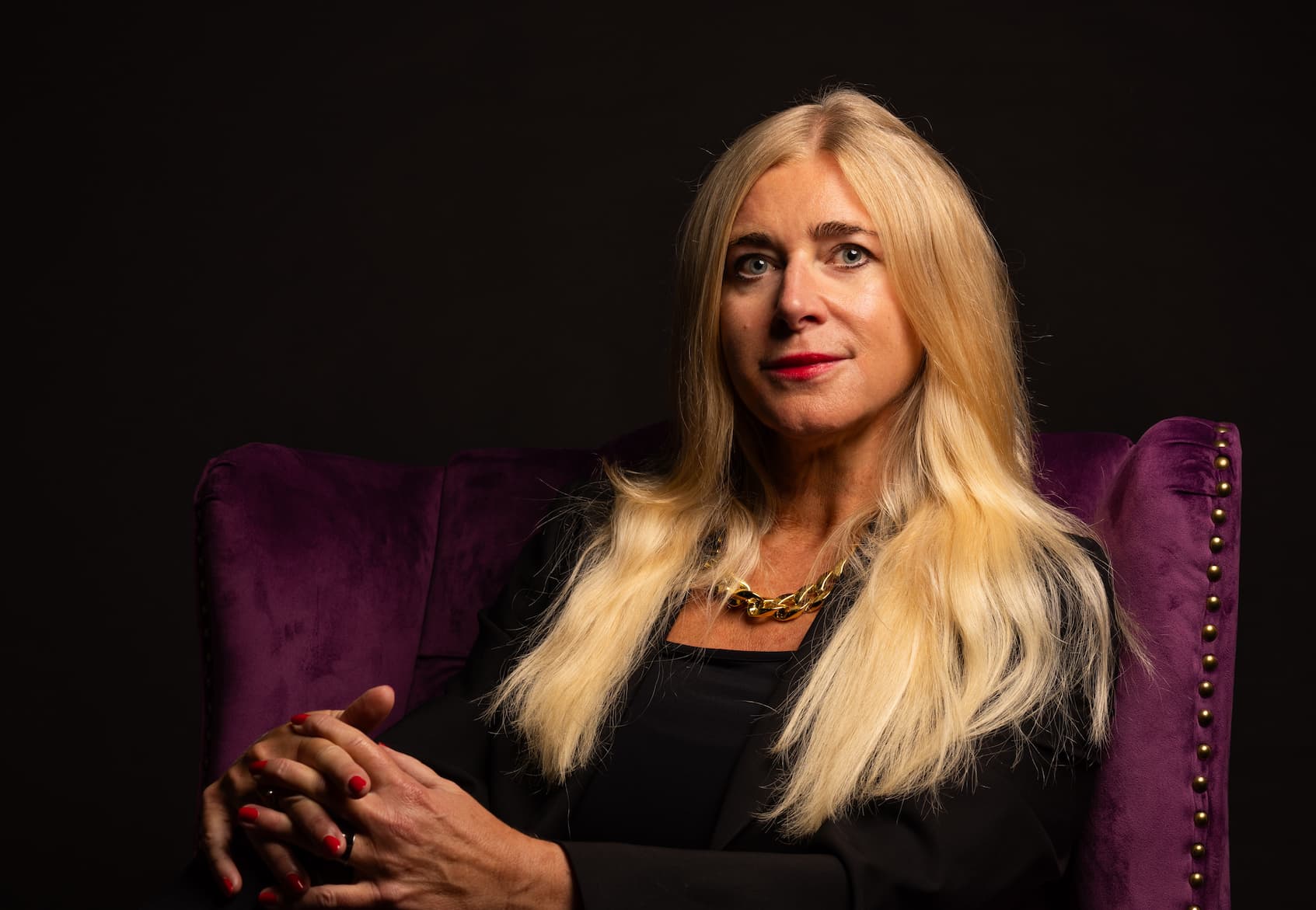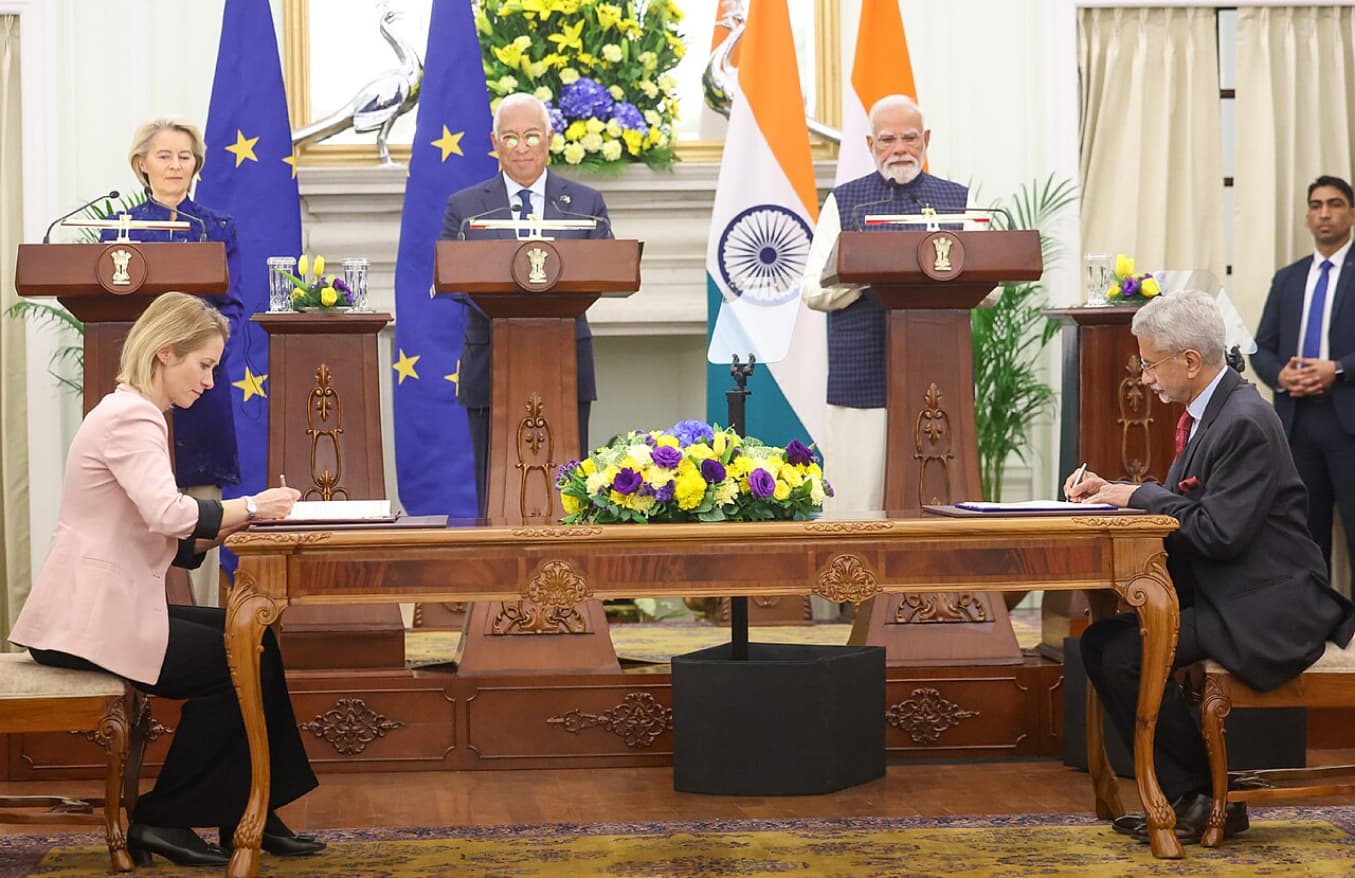In the rapidly evolving landscape of global workforce dynamics, where diversity conversations often remain surface-level and demographic challenges grow increasingly complex, one leader has emerged as a transformative force capable of turning theoretical concepts into measurable organizational change. Christiane Bisanzio stands at the intersection of academic rigor and practical application, creating solutions that address some of the most pressing workforce challenges of our time.
Her journey represents more than individual achievement; it embodies a fundamental shift in how organizations approach diversity, equity, and inclusion. Through The Inclusion Foundation and SilverWorks International, Christiane has developed frameworks that move beyond compliance-driven initiatives to create authentic cultural transformation that resonates across borders, generations, and industries.
“The inspiration to found The Inclusion Foundation stemmed from witnessing firsthand the challenges faced by diverse individuals in the workplace and the urgent need for systemic changes,” Christiane reflects. “My core vision has always been to create a world where diversity, equity, and inclusion are not just buzzwords but an integral part of organizational culture.”
Since May 2023, this vision has materialized into concrete solutions that serve organizations globally, establishing new standards for how companies approach demographic workforce management and inclusive leadership development.
REDEFINING LEADERSHIP FOR A DIVERSE WORLD
Christiane’s approach to leadership transcends traditional management paradigms. Having been recognized as a Top 50 Global Diversity Leader, her methodology centers on psychological intelligence, adaptability, and authentic engagement with diverse perspectives. This approach has proven essential as organizations grapple with increasingly complex workforce demographics and cultural expectations.
“Impactful leadership in the context of global DEI transformation fosters an environment where every employee feels valued, heard, and empowered to contribute their unique perspectives,” she explains. Her leadership philosophy emphasizes the critical importance of psychological safety, recognizing that innovation flourishes when team members feel secure in sharing their authentic selves and diverse viewpoints.
The lessons learned from leading diverse teams across cultures and industries have shaped her understanding of adaptive leadership. Each cultural context brings unique strengths that require leaders to evolve their approaches continuously. Communication becomes paramount, with messages tailored for different audiences to ensure alignment and strengthen collaboration across cultural boundaries.
REVOLUTIONIZING DEI THROUGH PRACTICAL CERTIFICATION
The development of The Inclusion Foundation’s DEI certification program represents a paradigm shift in how organizations approach diversity training. Unlike traditional programs that focus primarily on theoretical concepts, Christiane’s framework emphasizes actionable strategies tailored to each organization’s unique context.
Built upon ISO 30415, the Human Resources DEI Standard, the program covers seven key dimensions of DEI through a comprehensive assessment tool that identifies specific gaps and opportunities. This methodology enables organizations to create customized action plans rather than implementing generic solutions that fail to address their particular challenges.
“Our DEI certification program is designed to be holistic and actionable,” Christiane notes. “Unlike many existing programs that often focus on theoretical concepts, ours emphasizes practical strategies tailored to an organization’s unique context.”
The program’s differentiation lies in its ongoing support structure, ensuring that DEI principles become ingrained within organizational culture rather than remaining superficial implementations. This approach addresses one of the most significant challenges in the DEI space: creating lasting change that persists beyond initial training initiatives.
EMBEDDING INCLUSION BEYOND COMPLIANCE
Christiane’s methodology for embedding DEI principles recognizes that true transformation requires moving beyond compliance-driven approaches. Her framework focuses on cultivating shared understanding across all organizational levels, creating inclusive policies that promote equity, and integrating DEI metrics into performance evaluations.
The presence of DEI champions across various departments ensures that inclusion becomes everyone’s responsibility rather than an isolated HR initiative. This distributed approach creates accountability at every level while fostering genuine commitment to inclusive practices.
Common implementation challenges include resistance to change, insufficient leadership buy-in, and inadequate training programs. Christiane’s solutions center on fostering open dialogues about DEI, ensuring leadership champions the cause, and providing robust training that empowers employees across all hierarchical levels.
“Organizations can overcome these challenges by fostering open dialogues about DEI, ensuring leadership champions the cause, and providing robust training programs that empower employees across all levels,” she emphasizes. The establishment of clear goals and metrics allows organizations to track progress and celebrate achievements consistently, creating positive momentum for continued transformation.
ADDRESSING DEMOGRAPHIC REVOLUTION THROUGH SILVERWORKS
The aging workforce represents one of the most significant demographic challenges facing organizations globally. Through SilverWorks International, Christiane has developed comprehensive solutions that transform this challenge into competitive advantage by leveraging the experience and wisdom of mature workers while facilitating knowledge transfer across generations.
The strategic advantages of proactive demographic management extend beyond immediate workforce concerns. Organizations that address demographic trends effectively can leverage diverse talent pools more effectively, enhance innovation through intergenerational collaboration, and create more resilient organizational structures capable of adapting to changing market conditions.
“Proactively managing workforce demographics allows organizations to leverage a diverse talent pool, enhancing innovation and performance,” Christiane explains. “It also facilitates a more resilient organizational structure that can adapt to changing market conditions.”
One compelling success story demonstrates the profound impact of effective demographic management. Working with a regional healthcare provider facing challenges from an aging workforce, Christiane’s team implemented tailored training and intergenerational mentorship programs that enhanced knowledge transfer and improved employee engagement. The results were remarkable: a 30% increase in operational efficiency and significant reduction in turnover rates, proving that demographic diversity can drive measurable business outcomes.
STRATEGIC HR PARTNERSHIP FOR SUSTAINABLE IMPACT
The role of HR business partnering in driving lasting DEI impact cannot be understated in Christiane’s framework. Rather than treating DEI as an isolated HR function, she advocates for integration with all business strategies, creating alignment between DEI initiatives and organizational goals while fostering collaboration between departments.
This strategic partnership approach ensures that DEI becomes everyone’s responsibility rather than remaining confined to HR departments. By embedding inclusion into every process and decision-making framework, organizations can create cultures where diversity naturally thrives.
Balancing business priorities with DEI and demographic strategies requires embedding these initiatives within core business strategy rather than treating them as supplementary activities. Christiane’s approach leverages data analytics to present compelling business cases that demonstrate how DEI enhances performance and drives innovation.
“HR leaders can balance business priorities with DEI and demographic strategies by ensuring that DEI is embedded within the core business strategy rather than treated as an adjunct,” she notes. This integration ensures that DEI efforts align with broader business goals while contributing to organizational success.
MEASURING AUTHENTIC TRANSFORMATION
The measurement of DEI program impact requires sophisticated approaches that combine qualitative and quantitative metrics. Christiane’s methodology utilizes employee engagement surveys, focus groups, and performance metrics related to diversity outcomes, while tracking turnover rates, promotion rates among diverse employees, and participation in DEI training initiatives.
The creation of feedback loops enables continuous assessment and improvement based on real-time data, ensuring that programs evolve to meet changing organizational needs and external expectations.
Feedback from organizations completing The Inclusion Foundation’s certification has been overwhelmingly positive, with many reporting enhanced employee morale, increased innovation, and more inclusive cultures. The practical frameworks and ongoing support enable organizations to transform intentions into actionable outcomes, with several companies noting improvements in external brand perception due to their demonstrated commitment to DEI.
STAYING RELEVANT IN A DYNAMIC LANDSCAPE
As a recognized global leader, Christiane maintains relevance through continuous engagement with diverse thought leaders and practitioners in the DEI space. Attending conferences, participating in workshops, and actively listening to employees at all levels helps her stay attuned to emerging trends and challenges.
Her approach prioritizes reflection and adaptation, constantly reassessing strategies to ensure they remain relevant and impactful in a rapidly evolving landscape. This commitment to continuous learning and evolution ensures that her solutions address current challenges rather than outdated paradigms.
Influential thinkers including Professor Joan Williams from UC Hastings, Professor Aditi M. Joshi at NYU Stern, and Professor Kimberly Clarke from Harvard have shaped her approach through their groundbreaking research on gender equity, diversity in hiring practices, and organizational behavior in diverse environments.
GUIDING THE NEXT GENERATION
Christiane’s advice to young professionals aspiring to lead in DEI centers on lifelong learning and authentic leadership. The dynamic nature of the DEI landscape requires continuous education about emerging trends and best practices, combined with mentorship from experienced practitioners and willingness to challenge existing paradigms.
“My advice is to be a lifelong learner,” she emphasizes. “The DEI landscape is dynamic, and it’s vital to stay informed about emerging trends and best practices. Seek mentorship from those experienced in the field, and don’t be afraid to challenge the status quo.”
Embracing curiosity and empathy enables authentic leadership that inspires others to join the journey toward more inclusive futures. This approach recognizes that sustainable change requires leaders who can connect with diverse perspectives while maintaining unwavering commitment to inclusive principles.
ANTICIPATING FUTURE WORKFORCE EVOLUTION
Looking toward the next decade, Christiane foresees significant focus on mental health integration with DEI initiatives, recognizing the interconnected nature of psychological wellbeing and inclusive workplace cultures. The integration of technology in HR processes will enhance inclusion by minimizing biases in recruitment and promotion practices, creating more equitable advancement opportunities.
The globalization of workforces will require deeper understanding of cultural nuances to shape DEI strategies that resonate across borders. This evolution demands leaders who can navigate complex cultural contexts while maintaining consistent inclusive principles.
“I foresee a significant focus on mental health in the workplace and how it intersects with DEI initiatives,” Christiane notes. “Additionally, the integration of technology in HR processes will enhance inclusion by minimizing biases in recruitment and promotion practices.”
PIONEERING INNOVATION FOR TOMORROW’S CHALLENGES
The future holds exciting developments across Christiane’s organizations. The Inclusion Foundation is expanding its strategic advisory work in demographic challenges, with projects spanning six to twelve months and involving large expert teams. Growing demand for Sponsorship Programs promoting women’s professional development reflects increasing organizational commitment to gender equity.
The development of AI assistants under the NAVIGATE 55+ brand represents innovative approaches to demographic challenges, providing practical guides for organizations designing and executing age diversity strategies. This technological integration demonstrates how innovation can enhance human-centered approaches to workforce management.
Plans for geographical expansion into the UAE market in 2026 under the BISANZIO & PARTNER ADVISORY brand capitalize on thriving economies and growing demand for diversity and inclusion leadership. This expansion reflects the global appetite for authentic DEI transformation and demographic innovation.
THE LEGACY OF AUTHENTIC TRANSFORMATION
Christiane Bisanzio represents a new generation of leaders who understand that sustainable organizational change requires authentic commitment to inclusive principles combined with practical frameworks for implementation. Her work demonstrates that DEI transformation and demographic innovation can drive measurable business results while creating more equitable workplace experiences.
Through The Inclusion Foundation and SilverWorks International, she has established frameworks that organizations worldwide can adapt to their unique contexts while maintaining consistent principles of inclusion and respect for diverse perspectives. Her influence extends beyond individual consulting engagements to shape industry standards and educational approaches.
The integration of academic research with practical application has created solutions that address real-world challenges facing modern organizations. By combining rigorous methodology with empathetic leadership, Christiane has shown that transformative change is possible when leaders commit to authentic inclusion rather than superficial compliance.
As organizations continue navigating complex demographic transitions and evolving diversity expectations, leaders like Christiane provide essential guidance on creating sustainable change that benefits all stakeholders. Her example demonstrates that true transformation requires both strategic thinking and genuine commitment to creating workplaces where everyone can thrive.
The future of workforce management will be shaped by leaders who understand that demographic diversity and inclusive cultures represent competitive advantages rather than compliance burdens. Christiane Bisanzio’s career provides a roadmap for achieving this transformation, demonstrating that principled leadership combined with innovative solutions can create meaningful change across industries and borders.






